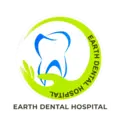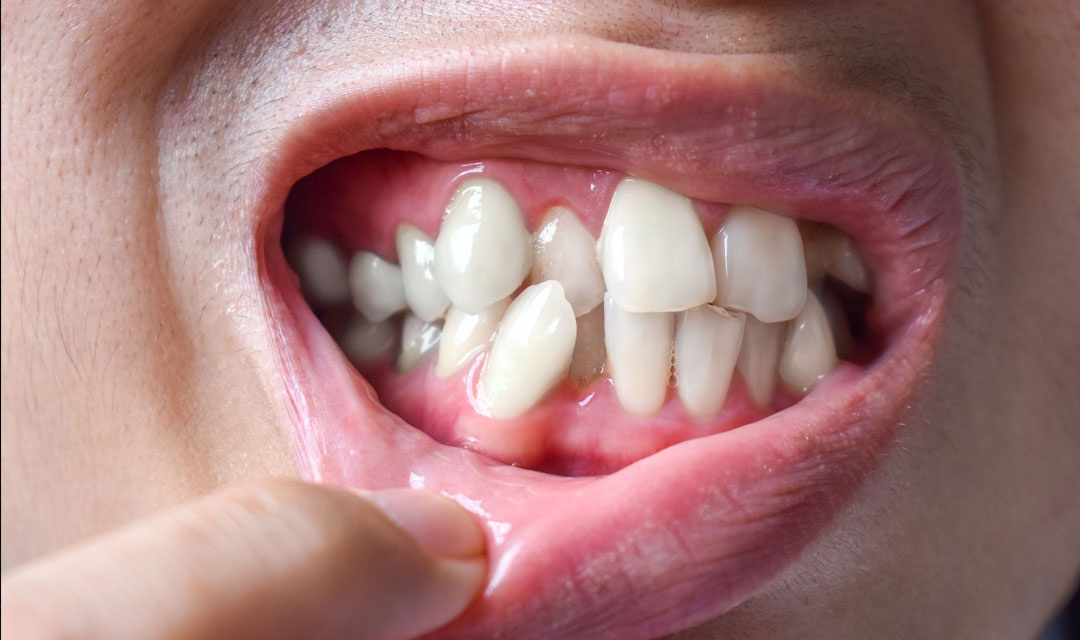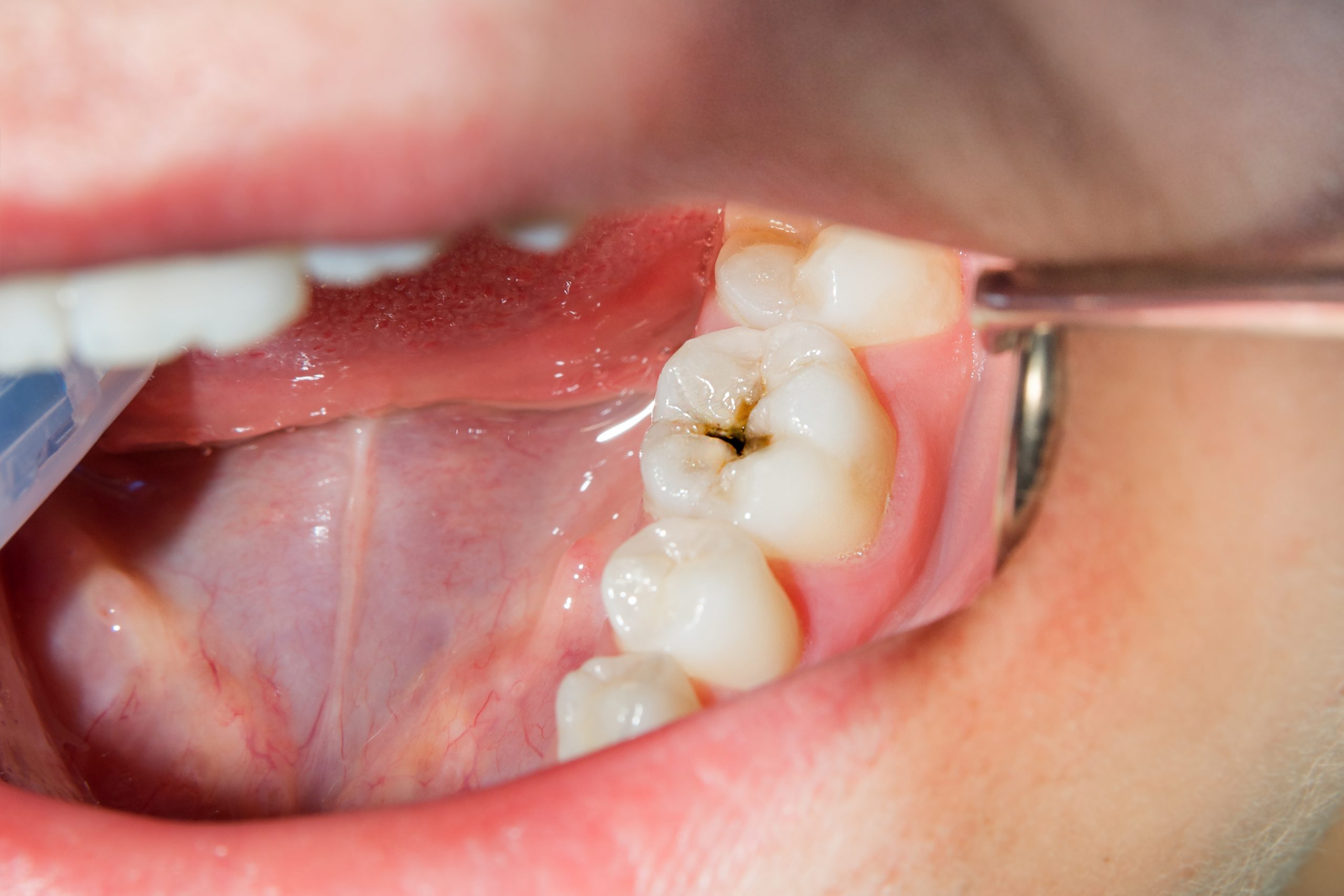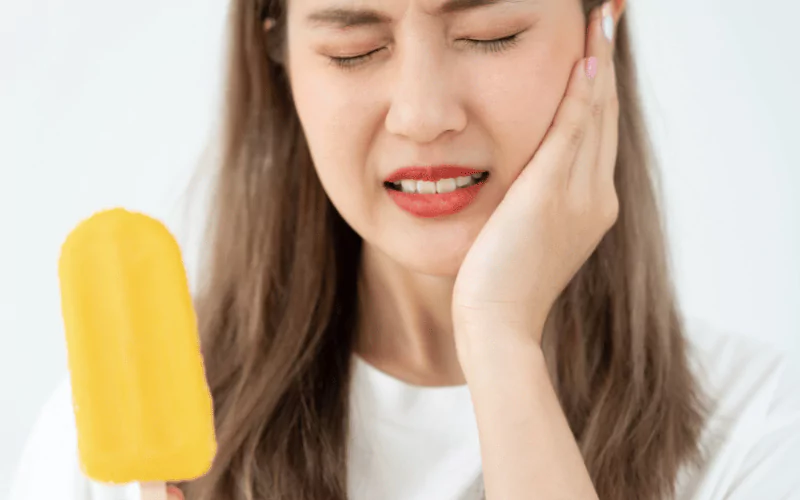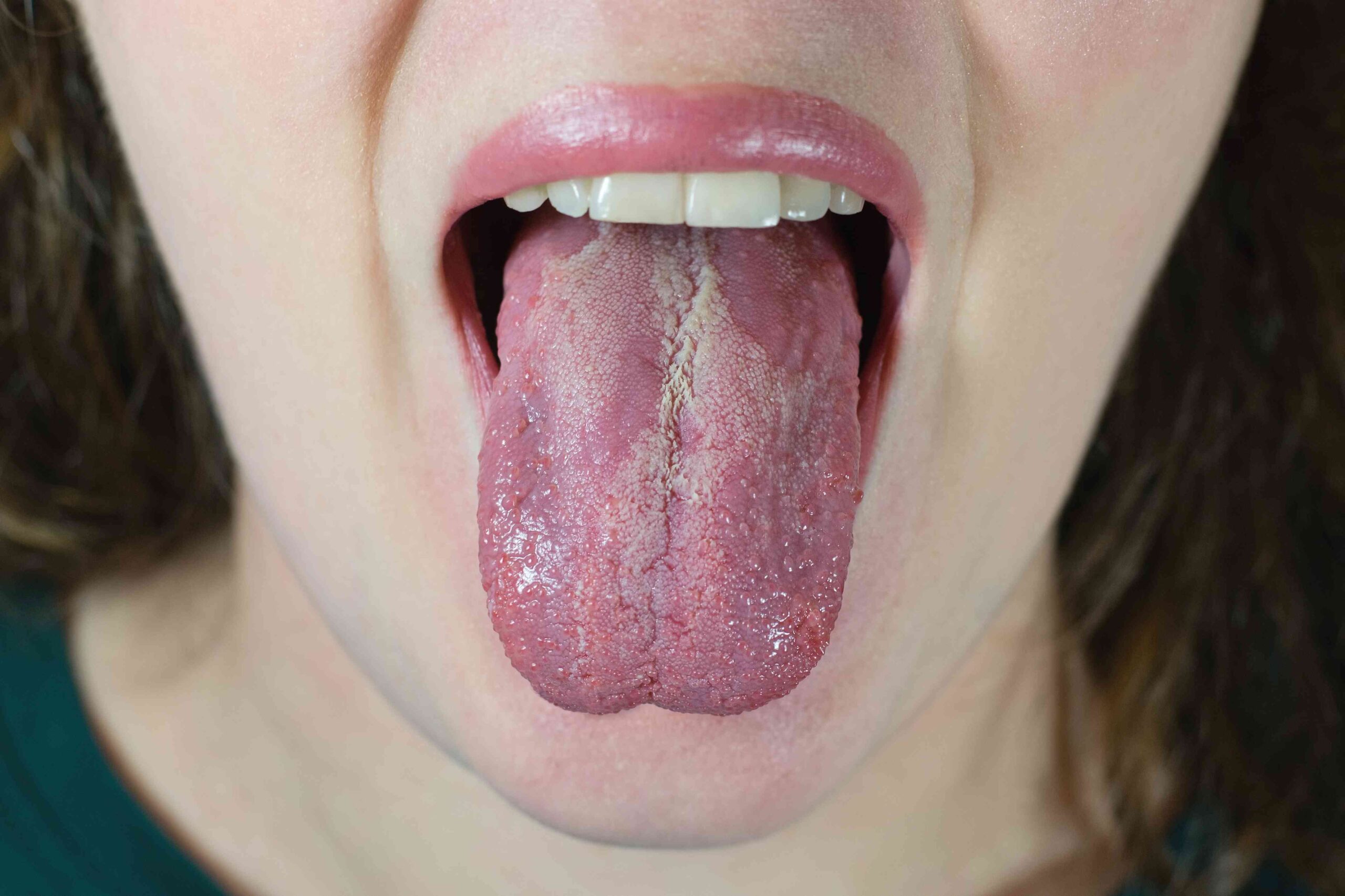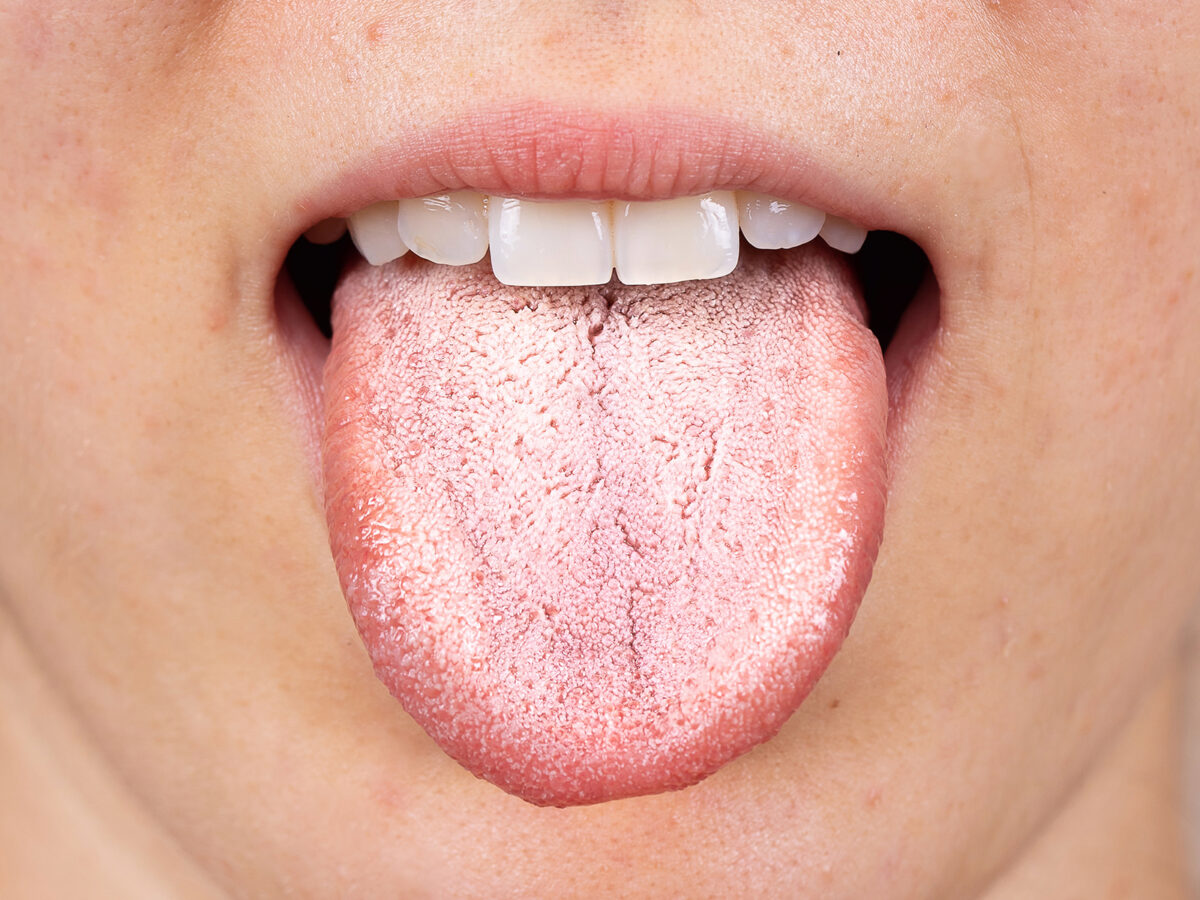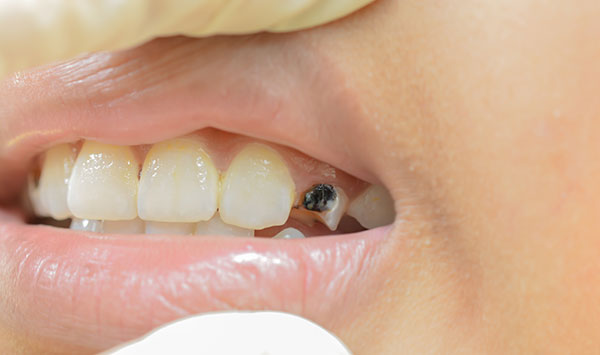At Earth Dental Hospital, we believe in empowering our patients with the knowledge they need to take care of their oral health. One common condition that many people might encounter, but often overlook, is oral thrush. This blog will dive into what oral thrush is, its causes, symptoms, and the best treatment options to keep your mouth healthy.
What is Oral Thrush?
Oral thrush is a fungal infection in the mouth caused by an overgrowth of the yeast Candida albicans. While Candida is a naturally occurring organism in the mouth, it can multiply rapidly under certain conditions, leading to infection. This infection typically appears as creamy white lesions, often on the tongue or inner cheeks, but can also affect the gums, tonsils, and roof of the mouth.
Who is at Risk?
Anyone can develop oral thrush, but some individuals are at a higher risk:
-
Infants and Toddlers: Their immune systems are still developing, making them more susceptible to infections.
-
Elderly Adults: Older adults, especially those with weakened immune systems or wearing dentures, are at a higher risk.
-
People with Weakened Immune Systems: Conditions like HIV/AIDS, cancer treatment (chemotherapy), and organ transplants can make the immune system less effective in controlling yeast overgrowth.
-
Diabetic Patients: High blood sugar levels can encourage the growth of yeast in the mouth.
-
Individuals Using Certain Medications: Antibiotics, corticosteroids, or inhaled steroids can disrupt the balance of bacteria in the mouth, allowing yeast to thrive.
Symptoms of Oral Thrush
The symptoms of oral thrush can vary depending on the severity of the infection. Common signs include:
-
White or Creamy Lesions: These are usually found on the tongue, inner cheeks, gums, tonsils, or the roof of the mouth.
-
Redness or Soreness: This may make it painful to eat or swallow.
-
Cottony Feeling in the Mouth: This sensation can make the mouth feel dry or uncomfortable.
-
Loss of Taste: Some individuals with oral thrush experience a diminished sense of taste.
-
Cracking at the Corners of the Mouth: Also known as angular cheilitis, this can occur if the infection spreads.
-
Bleeding Lesions: If you try to scrape off the white lesions, they may bleed.
What Causes Oral Thrush?
Oral thrush occurs when there is an imbalance in the normal flora of the mouth, allowing Candida yeast to overgrow. Several factors can contribute to this imbalance:
-
Weakened Immune System: When the body’s immune system is compromised, such as in HIV/AIDS or cancer treatment, it is less able to keep fungal growth in check.
-
Antibiotic Use: Antibiotics kill both harmful and beneficial bacteria in the body. When the balance of bacteria is disrupted, yeast can grow unchecked.
-
Poor Oral Hygiene: Not brushing your teeth regularly, or not cleaning dentures properly, can contribute to oral thrush.
-
Diabetes: High sugar levels can create an environment conducive to yeast overgrowth.
-
Dry Mouth: Conditions that reduce saliva production, such as certain medications or breathing through the mouth, can also promote fungal growth.
-
Smoking: Smoking can weaken the immune system and dry out the mouth, both of which increase the risk of oral thrush.
Treatment for Oral Thrush
Fortunately, oral thrush is treatable, and with the right care, it usually resolves within a few weeks. Treatment may involve:
1. Antifungal Medications
The primary treatment for oral thrush involves antifungal medications. These can be prescribed in various forms, including:
-
Oral Antifungal Tablets: Medications such as fluconazole or itraconazole can be taken orally to treat the infection.
-
Antifungal Lozenges or Tablets: Clotrimazole is commonly prescribed in lozenge form, which dissolves in the mouth and helps clear up the infection.
-
Antifungal Mouth Rinse: Nystatin is a common oral rinse used to treat oral thrush.
2. Maintaining Good Oral Hygiene
To prevent thrush from recurring or worsening:
-
Brush your teeth at least twice a day with fluoride toothpaste.
-
Floss daily to remove food particles and plaque that can harbor bacteria.
-
If you wear dentures, clean them thoroughly and regularly.
3. Dietary Modifications
-
Avoid Sugar and Refined Carbs: High sugar levels in your mouth provide food for yeast, so cutting down on sugary foods and drinks can help prevent an overgrowth of Candida.
-
Increase Probiotics: Foods rich in probiotics, such as yogurt, can help restore the balance of healthy bacteria in your mouth and gut.
4. Address Underlying Conditions
If oral thrush is linked to an underlying condition such as diabetes or a weakened immune system, it’s crucial to manage that condition with the help of a healthcare provider. Keeping blood sugar levels in check or addressing immune suppression can reduce the likelihood of recurrent thrush.
Preventing Oral Thrush
Here are some ways you can reduce your risk of developing oral thrush:
-
Maintain a Healthy Diet: Keep your sugar intake low and eat foods that support a balanced immune system.
-
Practice Good Oral Hygiene: Brushing and flossing regularly is key in preventing infections.
-
Stay Hydrated: Drink plenty of water to maintain moisture in your mouth.
-
Use a Soft Toothbrush: If you have thrush or are prone to it, use a soft toothbrush to avoid irritating your mouth and further spreading the infection.
-
Clean Your Dentures: If you wear dentures, make sure they are cleaned thoroughly every day to avoid any fungal build-up.
When to See a Dentist or Doctor
If you notice any of the symptoms of oral thrush, or if they don’t improve after a few days, it’s important to consult a healthcare provider. Delayed treatment can result in complications, especially for individuals with weakened immune systems. Additionally, if you experience difficulty swallowing or persistent pain, it may indicate a more severe infection that requires immediate attention.
Conclusion
Oral thrush is a common yet treatable condition that can be managed with proper care. At Earth Dental Hospital, we’re here to help you maintain optimal oral health. If you suspect you have oral thrush or have concerns about your oral health, don’t hesitate to contact us. Our team of dental professionals will provide the guidance and care you need to get back on track.
Have Questions About Oral Thrush or Other Dental Issues?
Feel free to reach out to Earth Dental Hospital for expert advice, personalized care, and the treatment options that work best for you.
